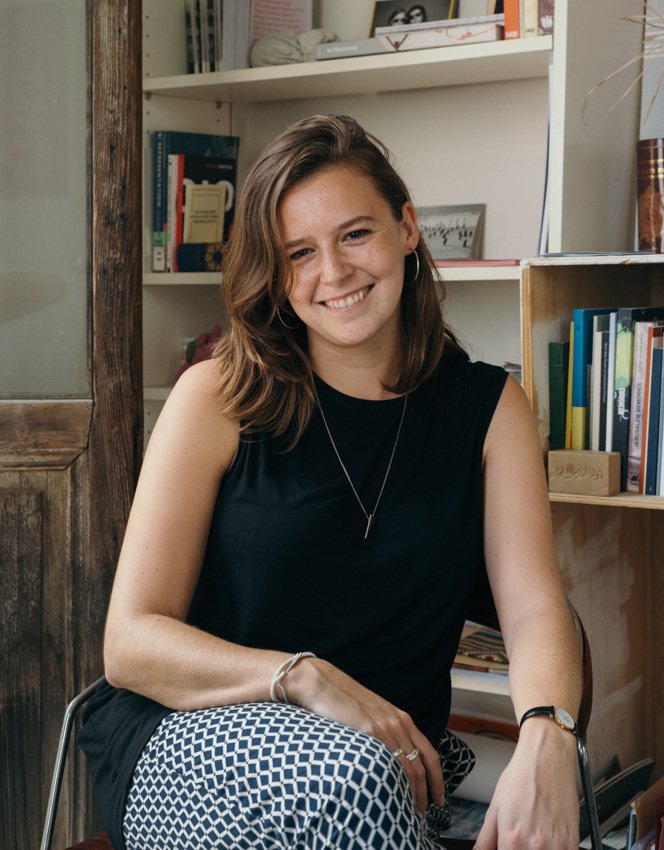Rachel Dedman

CIMAM’s Annual Conference 2017 was stimulating, enriching and impeccably-organised. Questions around regionalism in Southeast Asia, urgencies in the development of collections, and artists’ experiences of censure and politics all provided ample food for thought in the complex context of Singapore.
The city, therefore, was a fitting concern with which to open the conference. Nikos Papastergiadis’ opening keynote advocated cosmopolitanism as a lens for seeing cities: its heterogeneity a compelling antidote to globalisation’s desire to ‘make things commensurate’. However, casual references to ‘democratising the museum’ felt reductive given the varied demographic and global turnout of the conference. Increasing numbers of museums exist in contexts where the ‘demos’ itself is complicated, contested and uncertain, either due to political occupation (such as in Palestine) or in cases of totalitarianism (such as in the Gulf). Surely by now we are uncomfortable with the idea that museums are island-bastions of democracy that might signal the way in tough times, rather than agents imbricated in the neo-liberal financial and political dynamics that contribute to today’s realities?
The strongest moments of the conference were when this was acknowledged and made nuanced. Patrick D. Flores’ reference to the curator’s ‘intense co-implication’ – the leverage of agency within a particular context – felt like one such moment. The final point of his address proposed eluding the ‘colonial optic’ by developing object/subject divisions outside and beyond colonial taxonomies, which struck me as a rare practical proposition for decolonising the museum imagination. This resonated with my work at the Palestinian Museum, an institution born within a vacuum of state infrastructure, privately-funded by wealthy individuals and NGOs, though carrying out a public remit. Such cases problematise and challenge any assumptions we may hold around the homogeneity of the museum; reminding us to examine institutions on their own terms, within their local contexts.
Indeed, in this sense the conference was an enriching opportunity to connect with colleagues from all over the world, offering common ground between the localities of my work and those of the Museo de la Solidaridad, Chile; the Museum of Contemporary Art, Yinchuan; and the Museum of Modern Art, Warsaw, among others. Both critical and light-hearted conversations, in the conference room, on the bus and over breakfast, rendered these few intense days the catalyst for new relationships and collaborations. I sincerely thank the CIMAM Board for their support and Alserkal Programming for their generous sponsorship of my participation.